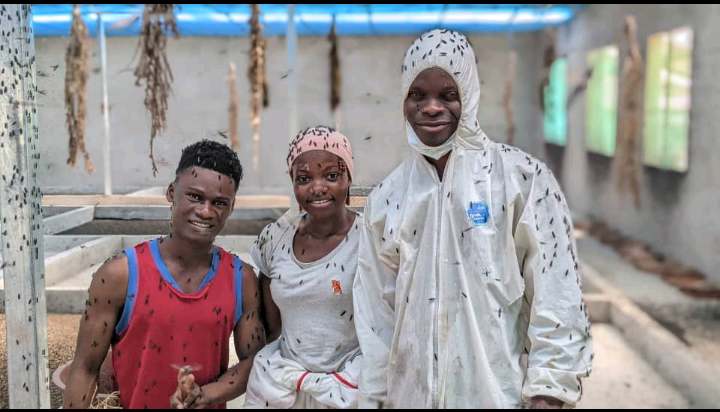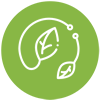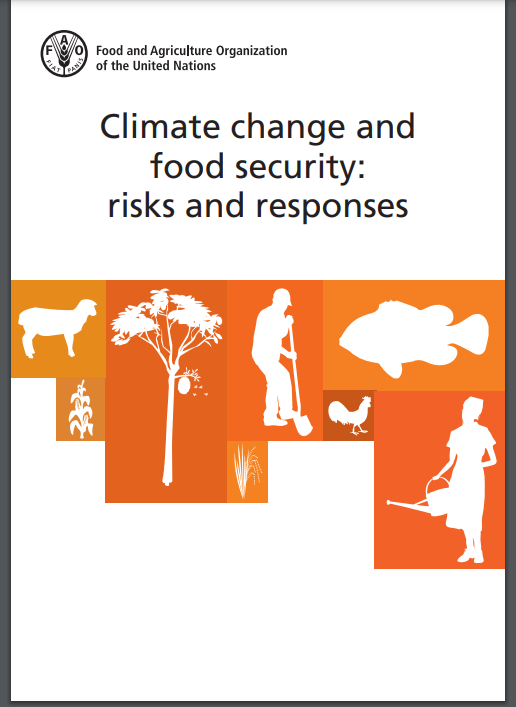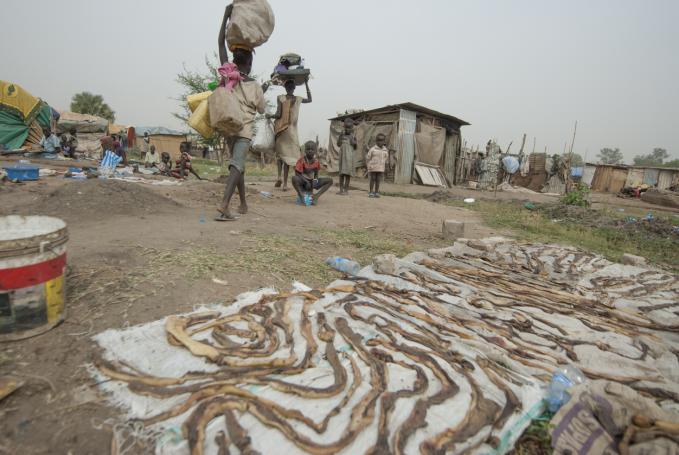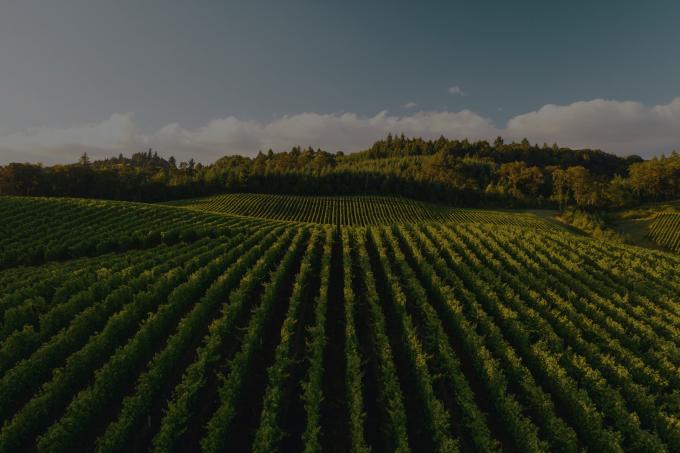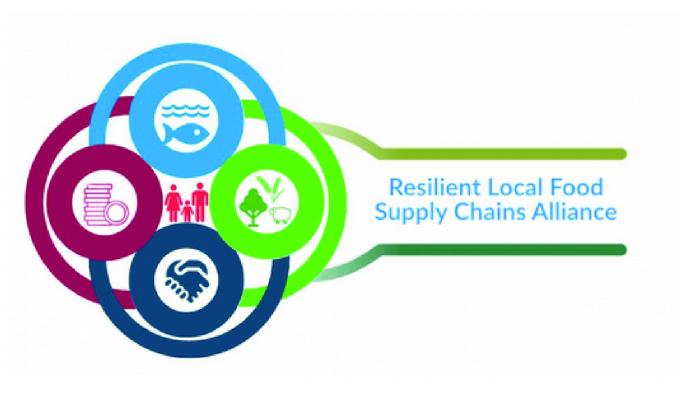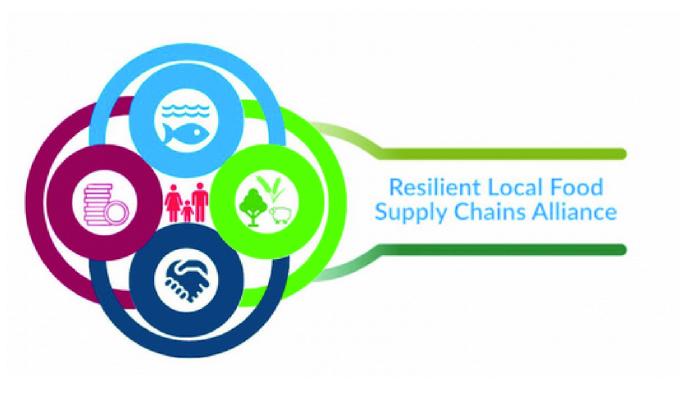Period
2022 - 2023
As the world's population grows, so does the demand for animal feed, contributing to CO2 emissions and the depletion of natural food sources. EntoFeed addresses this crisis by converting organic waste into protein-rich animal feed: insects such as the Black Soldier Fly are able to partially digest the waste raw material and grow a larger population; The fly population is then processed into protein-rich ingredients suitable for animal feed and the associated exuviae into beneficial organic material for fertilising soils. EntoFeed aims to produce one tonne of protein per day, eventually replacing conventional fish and soy-based diets and providing a cheaper and more sustainable alternative.
You must be registered to see all the content
Identification needs
Population growth results in an increased demand for animal feed, leading to a rise in associated waste released into the environment. These factors contribute to increased CO2 emissions and the depletion of natural food sources. As the population grows, it becomes necessary to find alternative sources of food, such as fishing in natural bodies of water. One of the main key players in this system are fish farmers, who are strongly impacted by the economy and climate change. Due to the high cost of protein-rich fish feed, these farmers are forced to spend 70% of their production on expensive feeds like soybeans and fish meal. This situation will affect Africa more than developed countyries. Current technology transforms organic waste into food resources through bacteria, creating a circular economy and reducing the pressure on limited resources, such as wild fish.
Stakeholder change
EntoFeed has developed proprietary technology that can use food waste to produce bacterial protein-based animal feed ingredients to replace fish and soy meals, which are commonly used as primary protein sources in feed formulation . Using our unique process, we extract nutrients from food waste and use them to grow bacteria which are then processed and dried to produce protein-rich ingredients. Feed manufacturers and farmers must source high-quality feed that has a consistent nutritional profile from batch to batch and is available to meet growing demand. - Create 3,000 ha of community freshwater fish reserves to protect and restore healthy fish populations. - Strengthen the capacities of five management units and associated communities for effective fisheries co-management and governance, thereby reducing unsustainable fishing practices by 60%. - Train 3000 EntoFeed members in alternative green livelihoods, reducing fishing pressure by 40%.
Change triggered
• Driven by a personal desire to address the shortage of land and resources and sustainably feed a growing population: we can produce as much protein from 100 m² as 100 hectares of soy field. • Dedicated to the processing and production of insect proteins for animal feed at lower cost and with equivalent nutritional value. To do this, we take otherwise uneaten food on which to raise the insects, putting protein back into the food cycle. • Experienced in breeding Black Soldier Fly. This particular species of fly is specially bred for its beneficial and high-yielding quality, as it can be made into powder, oil and fertilizer. • Approved by the AU for aquaculture feed, and can be used for raw materials for the poultry and swine industries and for pet food. We are currently increasing our production capacity to one tonne of protein per day.
Short description
Protein Waste Technology Ending Organic Waste: A New Frontier in Organics Recycling. It is estimated that between 30 and 40% of all food produced is wasted. Throughout the supply chain, biological byproducts are generated that are either landfilled or have little value. EntoFeed is leading the way in a new frontier of organics recycling, providing the public and private sectors with adaptable and affordable organics recycling solutions. After years of Research and Development, Entofeed is ready to start deploying its technology. Protein Waste Technology Collaborative Model Impact through Partnerships. After years of testing, EntoFeed has developed a unique partnership model where we work alongside public and private sector waste generators. Helping them recycle their organic by-products into cost-effective and sustainable insect products that can be used in many applications, such as animal feed, fertilizer, cosmetics and pharmaceuticals.

